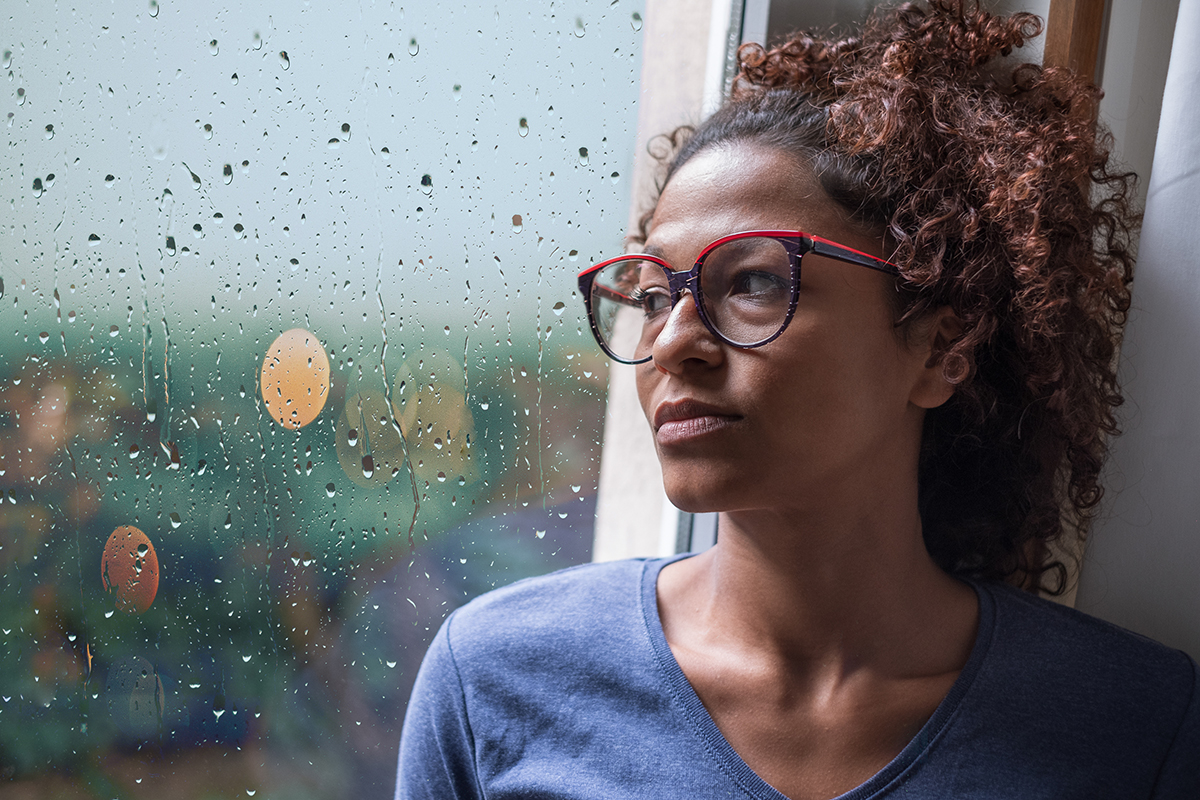October is National Domestic Violence Awareness Month – a time to recognize the multifaceted effects of domestic violence on survivors, particularly women. What are the mental effects of domestic violence, and how can you seek help after experiencing abuse?
How Domestic Violence Impacts Mental Health
Domestic violence encompasses a pattern of behaviors used by one partner in an intimate relationship to maintain power and control over the other. Over time, the emotional toll of physical, emotional, psychological, or financial abuse can profoundly affect your mental health, leading to issues like post-traumatic stress disorder, anxiety, and depression.
PTSD
You may develop PTSD after enduring the physical or emotional abuse associated with domestic violence. Hallmarks of this condition include the following.
- Intrusive thoughts or flashbacks: Reliving the abuse through vivid, intrusive, and distressing memories.
- Nightmares: Sleep disturbances and nightmares related to the trauma.
- Hypervigilance: Constantly feeling on edge, with an exaggerated startle response.
- Avoidance: Actively avoiding places, people, or situations that may remind you of what you went through.
Anxiety
Domestic violence survivors often experience chronic anxiety, a mental health disorder characterized by excessive worry or fear. Anxiety can arise from the constant anticipation of harm or conflict or an inability to feel safe at home. Physical symptoms may include heart palpitations, shortness of breath, and muscle tension. In the long term, anxiety can interfere with your physical health and emotional stability.
Depression
Depression is another mental health condition commonly linked to domestic violence. The ongoing stress, isolation, and fear resulting from abuse can lead to feelings of hopelessness, worthlessness, and despair. Depression may manifest in symptoms such as:
- Persistent sadness or low mood
- Loss of interest in formerly enjoyable activities
- Fatigue or loss of energy
- Difficulty concentrating
- Changes in appetite or sleep patterns
Substance Abuse
Often, the trauma of abuse leads to alcohol and drug use. You may drink or take drugs to numb your pain or escape the symptoms of mental illness. Unfortunately, this can lead to a dual crisis where addiction compounds the difficulties in healing from domestic violence. A worsening substance use disorder may impair your judgment, reduce your financial stability, and make it more challenging to escape your abusive relationship.
Seeking Help After Domestic Violence
You can recover and regain control of your life after the harm caused by domestic violence. Whether the abuse was a single incident or part of a prolonged experience, look for resources like these to help you move forward.
Counseling and Therapy
Working with a therapist trained in trauma-focused therapy allows you to process your experiences and develop healthy coping mechanisms. Techniques such as cognitive behavioral therapy and eye movement desensitization and reprocessing help trauma survivors manage their mental health symptoms.
Support Groups
A support group for domestic violence survivors is a safe and non-judgmental space to share your experiences and connect with others who have gone through similar situations. These groups can reduce feelings of isolation and provide emotional encouragement from others who understand the challenges of recovery.
Safety Planning
A safety plan is crucial if you are still in an abusive relationship. Make a list of emergency contacts, organize essential documents, and identify secure places to go. Many domestic violence shelters can help you with these tasks.
Hotlines and Resources
The National Domestic Violence Hotline (800-799-7233) offers immediate, confidential help, including crisis intervention and information about local resources like shelters and legal aid.
Recovering From Domestic Violence and Related Concerns
Recognizing and addressing substance abuse and co-occurring mental health disorders is crucial for domestic violence survivors. The psychological effects can be long-lasting, but healing is possible with an integrated approach that restores your sense of safety and enables you to regain your health.
The Pearl encourages women to join us in our serene community. We have created a haven where every woman feels safe, respected, and cared for. Our 24/7 care and unique environment will shelter you, prioritizing your recovery while you reach for your full potential. Contact us to learn about our substance abuse and trauma treatment in Austin, Texas.





